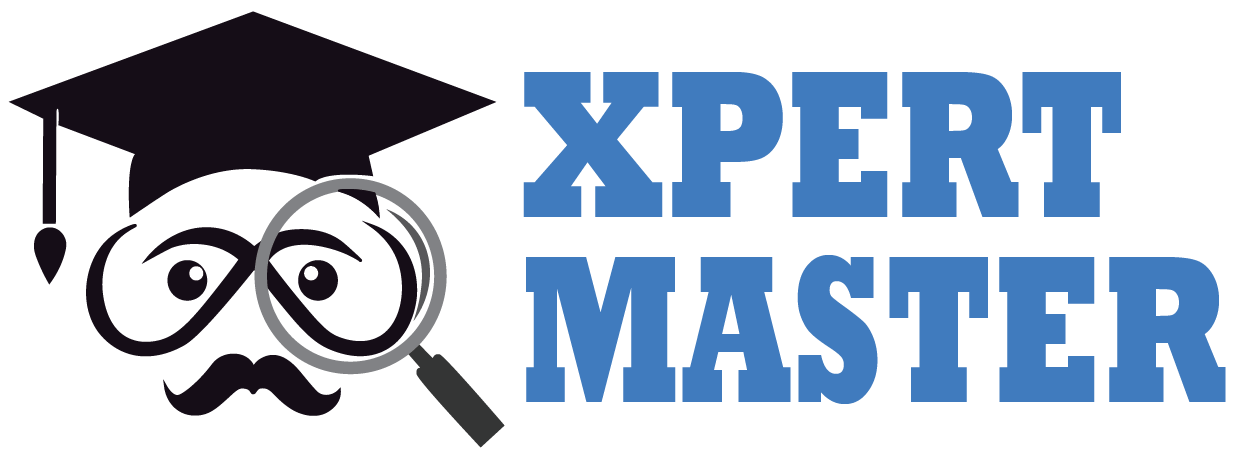The Legal Consequences of Plagiarism in Academia: What Every Student and Educator Needs to Know
The Legal Implications of Plagiarism in Academia
Plagiarism is a significant issue in academic circles and can have serious consequences for both individuals and the institutions they belong to. It refers to the act of presenting someone else’s work, ideas, or discoveries as one’s own, without giving proper credit to the original creator. This unethical practice is a violation of academic integrity and, in many cases, the law. Whether committed by students or researchers, plagiarism can result in both academic and legal penalties. Let’s explore the legal consequences that come with plagiarism in academia.
Plagiarism: More Than Just Unethical
While plagiarism is widely considered unethical, it can also lead to legal ramifications. Intellectual property laws, particularly copyright law, are designed to protect the original works of authors, researchers, and creators. If someone uses another person’s work without permission or fails to attribute it correctly, they may be infringing on that person’s copyright. Depending on the nature of the violation, this can result in legal consequences, ranging from civil lawsuits to criminal charges.
Legal Consequences for Students
The legal repercussions of plagiarism are often more severe for students. At an academic level, those caught plagiarizing may face a range of penalties, including failing the course, being placed on academic probation, or even being expelled from the institution. These academic sanctions can have long-term effects on a student’s career. However, the legal consequences do not stop at academic penalties. If a student is found to have plagiarized copyrighted material, the original creator may take legal action, which could result in financial penalties or further legal consequences.
Researchers and Plagiarism: A Greater Risk
For researchers, the stakes are even higher. In addition to the possibility of facing legal action from the original creators of the plagiarized work, researchers risk their professional reputation. Plagiarism can irreparably damage a researcher’s credibility, making it difficult to secure future funding, collaborate with other academics, or publish new work. The legal and professional consequences can significantly hinder a researcher’s career and academic progress.
Institutional Responsibility
Universities and academic institutions have a legal responsibility to address and prevent plagiarism. Higher education institutions are required to have clear policies that outline the consequences of academic misconduct, including plagiarism. When instances of plagiarism are detected, universities must take appropriate actions to address them. Failing to enforce anti-plagiarism policies can result in legal action against the institution, which could also harm its reputation and standing within the academic community.
How to Prevent Plagiarism and Legal Issues
To avoid plagiarism and its associated legal risks, it is essential for students and researchers to understand the importance of proper attribution. Familiarity with copyright law and citation standards is crucial. Students and researchers should always make sure to cite sources correctly, using the appropriate citation style for their discipline. If they intend to use someone else’s work, they should seek permission or ensure that they have the right to use it.
Academic institutions play a vital role in educating students and researchers about plagiarism and copyright issues. Universities should offer resources, workshops, and guidance on how to properly cite sources and avoid plagiarism. Establishing and enforcing clear plagiarism policies will also help maintain academic integrity and prevent legal issues.
Conclusion
In summary, plagiarism in academia is not only a breach of ethical standards but can also lead to significant legal consequences. Both students and researchers must take steps to prevent plagiarism by adhering to copyright laws and proper citation practices. Institutions have an obligation to educate their students and staff on the importance of academic integrity and the legal implications of plagiarism. By ensuring that plagiarism is addressed and prevented, individuals and institutions can protect themselves from the legal and professional risks associated with academic dishonesty.
Plagiarism Detection Tools for Non-University Users: Turnitin Plagiarism Check
Plagiarism is a serious concern for students, independent researchers, authors, and freelancers. […]
Ways to Detect Plagiarism Without Access to Turnitin
Turnitin is one of the most popular plagiarism detection tools used by […]
Can Turnitin Detect Plagiarism Tricks? Understanding Turnitin’s Capabilities
Can Turnitin Detect Plagiarism Tricks?
Turnitin is one of the most trusted tools […]
Turnitin Plagiarism Detection Benefits
Turnitin Plagiarism Detection Benefits
Turnitin is one of the most trusted and widely […]
What Is an Acceptable Turnitin Similarity Score in 2026? A Complete Guide for Students
What Is an Acceptable Turnitin Similarity Score in 2026? A Complete Guide
In […]
Plagiarism Checking and Removal Services on WhatsApp – Fast & Reliable Support
Introduction:
In today’s academic and professional world, ensuring that your work is plagiarism-free […]


